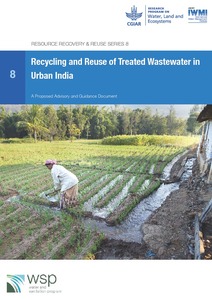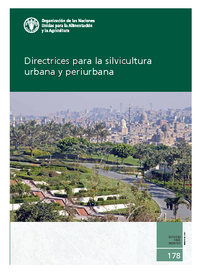Composting urban organic waste into agricultural inputs: Balangoda, Sri Lanka
As in other cities of Sri Lanka, solid waste management has been a key problem in and concern for Balangoda Urban Council. Waste accumulations in the city have caused many problems, including unpleasant odours, contamination of water bodies, and contamination of paddy fields, giving rise to epidemic diseases such as Salmonella, typhoid fever, and diarrhoea. A Balangoda compost plant has been set up to process municipal solid waste into compost. The project started in 1999 as a city service to provide a solution to the solid waste problem, but converted into a business in later years.







